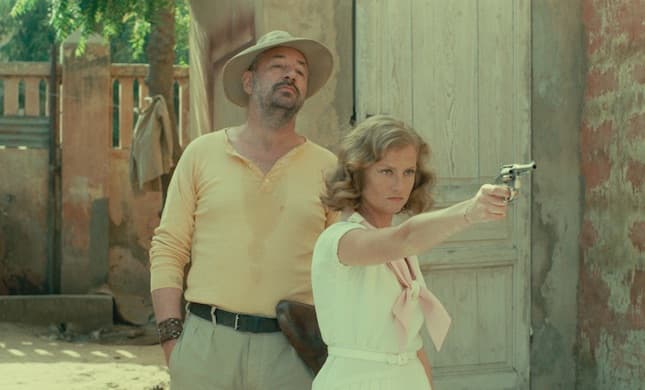
A Tale of Two Harvards
By THE NEW YORK SUN
|Given the source material, ‘Pop. 1280,’ you can’t fault Tavernier for erring on the side of the sardonic, the blasé, and the weary with 1981’s ‘Coup de Torchon.’


By THE NEW YORK SUN
|
By BENNY AVNI
|
By GEORGE WILLIS
|
By THE NEW YORK SUN
|
By LUKE FUNK
|
By JOSEPH CURL
|
By NOVI ZHUKOVSKY
|
By A.R. HOFFMAN
|Already have a subscription? Sign in to continue reading
$0.01/day for 60 days
Cancel anytime
By continuing you agree to our Privacy Policy and Terms of Service.